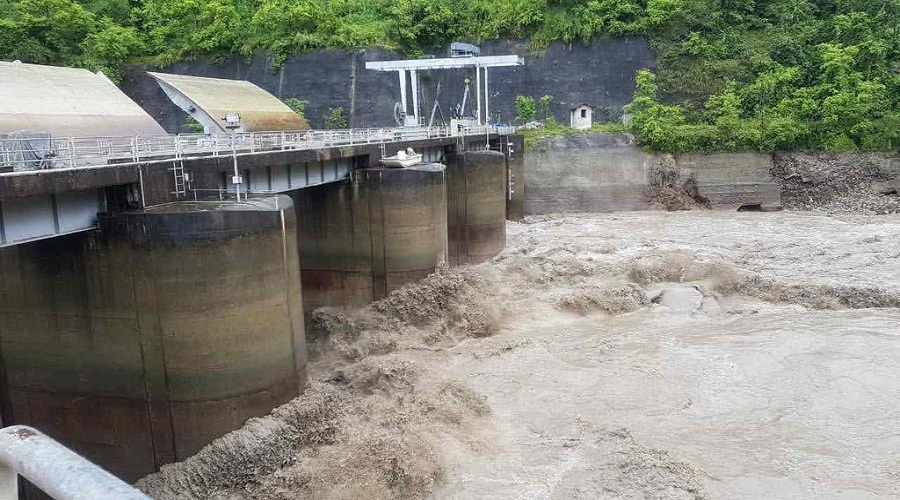KATHMANDU: A burgeoning issue in Nepal’s energy landscape has been attributed to the intricate web of intergovernmental interactions hindering hydropower development. The private sector has leveled accusations that the energy sector’s growth is hampered due to the government and parliament’s lack of concern.
They assert that crucial problems plaguing the energy sector have been overlooked, particularly issues surrounding hydropower expansion.
These concerns came to light during a session of the Infrastructure Development Committee under the Federal Parliament, where the Independent Energy Producers Association (IPPAN) engaged in discussions regarding problems and potential solutions.
Among the grievances shared during the session was the claim that electricity was being squandered due to the private sector’s limited ability to engage in electricity trading. Despite initial assurances that the government would enable private sector electricity trading via the introduction of an electricity bill, allegations emerged that a prior bill, once presented to parliament, was subsequently withdrawn, with no new legislation in sight.
The private sector contended that challenges persist in project implementation, stemming from issues such as government land acquisition, tree felling, a lack of coordination between inter-ministerial bodies, and encumbrances in securing private land.
Presently, approximately 4452 megawatts of capacity are under joint construction by private sector, government, and Indian companies; however, these projects’ timelines are being jeopardized due to regulatory complexities and delays.
Ganesh Karki, President of IPPA, proposed a way forward by suggesting that the government declare an energy crisis to entice private sector involvement in hydropower. He urged for the temporary suspension of certain regulations to kickstart stalled projects.
Deputy Secretary General Prakash Dulal offered insights into the hydropower sector’s prevailing challenges, pointing to conflicting laws passed by the parliament, a lack of synergy among federal, state, and local governments, and a failure to foster a unified approach to energy development across political parties.
He also identified forest and environmental regulations as well as policies that don’t align favorably with electricity generation.
Dulal raised concerns about direct and indirect involvement of political parties and their members in transmission line projects, contributing to policy implementation roadblocks. He noted that the bureaucratic complexity of running seven ministries, twenty-three departments, and navigating countless procedural hurdles hindered timely project completions.
Another grievance highlighted was the curtailment of electricity trading by the private sector, attributable to the Nepal Electricity Authority’s monopolistic hold on the market. This resulted in a lackluster expansion of the domestic electricity market and inhibited cross-border trade.
Lawmaker Pradeep Paudel expressed dismay that only a fraction of Nepal’s hydropower potential was being harnessed due to problematic governmental policies and strategies. He called for improved collaboration between the Ministries of Forestry and Energy.
MP Madhav Sapkota shed light on the competition within the private sector and how it interacts with project construction, sometimes leading to uneven outcomes.
Meanwhile, MP CK Raut proposed engaging forest ministry officials to address perceived issues, noting the importance of considering long-term environmental impacts.
Thakur Gayre, another parliamentarian, emphasized the need to provide the committee with a draft of the long-term agreement signed with India. This would facilitate discussions on cross-border energy collaboration.
MP Chandra Bhandari stressed the necessity of a hydropower-friendly policy to ensure project safety and minimize disputes over land acquisition.
MP Nisha Dangi underscored the persistent challenges of intermittent electricity supply in the Terai region despite government claims of ending load shedding.
Energy, Water Resources, and Irrigation Minister Shakti Bahadur Basnet acknowledged the government’s target of producing 25,000 megawatts of electricity in a decade and cited financial management as a key obstacle for some power purchase agreement (PPA) projects.
Basnet revealed that the government has already submitted an Electricity Bill to the Council of Ministers, with plans to present it to Parliament soon.

